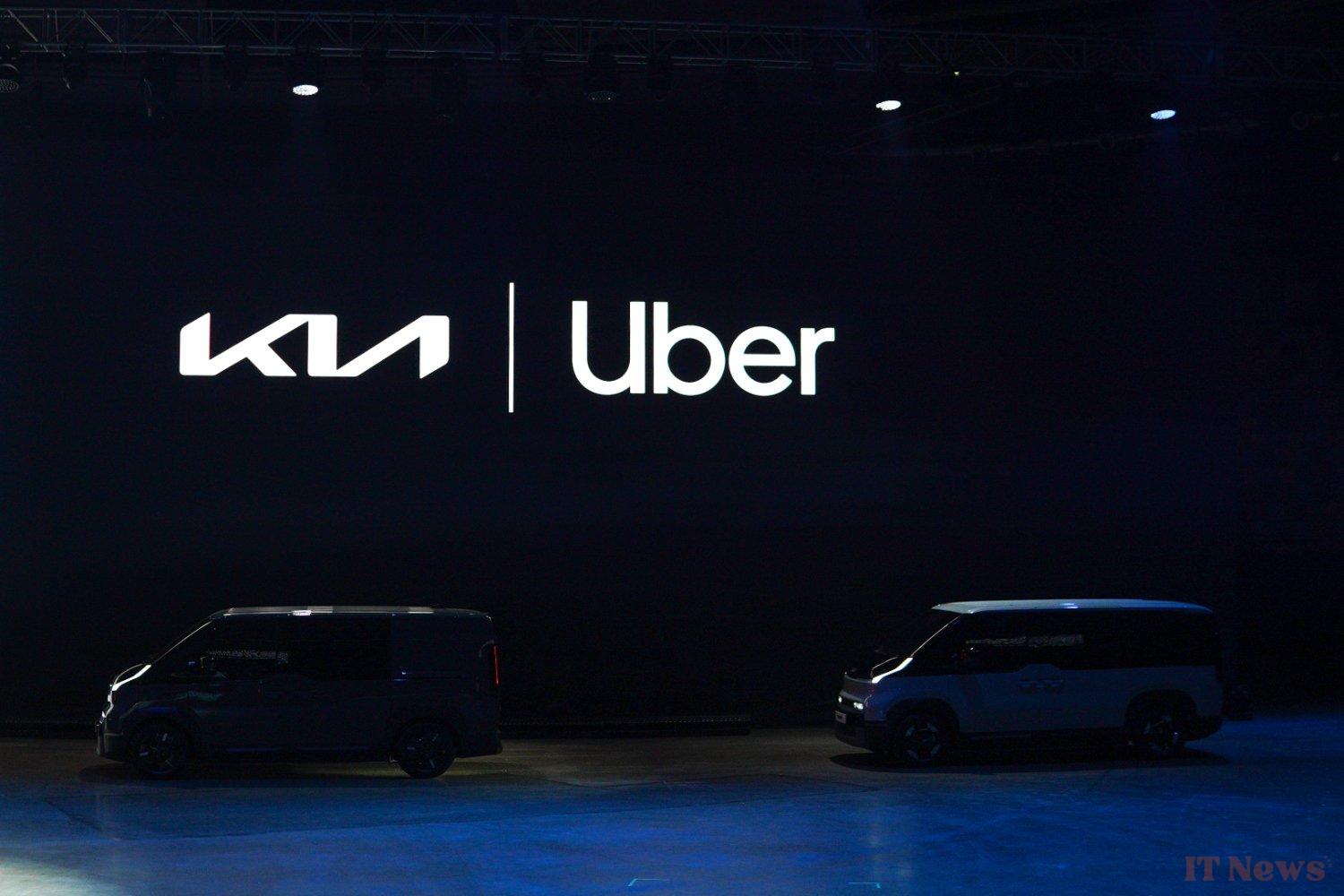As Waymo settles into Silicon Valley, the former Uber CEO laments: "Look, [the new management] put an end to our self-driving car project. At the time, we may have been behind Waymo, but we were probably catching up, and we were going to overtake them quickly...". Last Wednesday, at the Abundance Summit, the entrepreneur reflected on the abandonment of the self-driving car project at Uber, after five years of effort and more than $2.5 billion invested. For him, having an autonomous ride-sharing service would be great.
The need to make Waymo a partner
In 2020, Uber didn't throw away its project, but sold it at a discount to another company, called Aurora. A radical change of strategy that came three years after Travis Kalanick's forced resignation in June 2017, following a series of controversies and scandals. Today, in view of Waymo's growth, the idea of Uber being sidelined is a blot. This wasn't the case until present, while the development of the autonomous car was rather seen as a colossal loss of cash. Travis Kalanick is right to highlight the risk that this represents for Uber today. If Waymo decided to use no intermediary for the reservation of its cars, the VTC service would have new and significant competition.
We are still far from the dominance of autonomous cars over traditional VTCs in the United States, but Waymo is opening up to more and more cities (Austin, San Francisco, Los Angeles, Phoenix) and testing new areas, such as Las Vegas and San Diego. Miami is also expected to arrive in the near future, as are Michigan, Detroit, and even New York. To expand into new cities, Waymo is first sending out several of its cars and integrating them with real drivers, for seamless road learning.
During 2024, Waymo also signed two new contracts to refine its fleet of vehicles. The first concerns Zeekr (a young brand of the Geely group) for the production of an electric van, and the second is none other than Hyundai, with the integration of autonomous technologies in the Ioniq 5, expected at the end of the year. After the failure of its acquisition of the startup Wiz for 23 billion dollars, Waymo's parent company, Alphabet (Google), decided to turn to "its other bets" and among them, Waymo.
At Uber, despite Despite a 19% revenue growth, 2024 was a disappointing year in terms of operating profit, and the company is seriously preparing for the arrival of robotaxis. Alongside Waymo, Tesla is targeting 2026 for production of its Cybercab. Naturally, Uber plans to be the booking platform for these new services. "Our performance was fueled by rapid innovation and execution on multiple priorities, including the enormous opportunity presented by autonomous vehicles. We are entering 2025 with clear momentum and will continue to be relentless in our long-term strategy,” explained CEO Dara Khosrowshahi last month.
Source: Tech Crunch



0 Comments